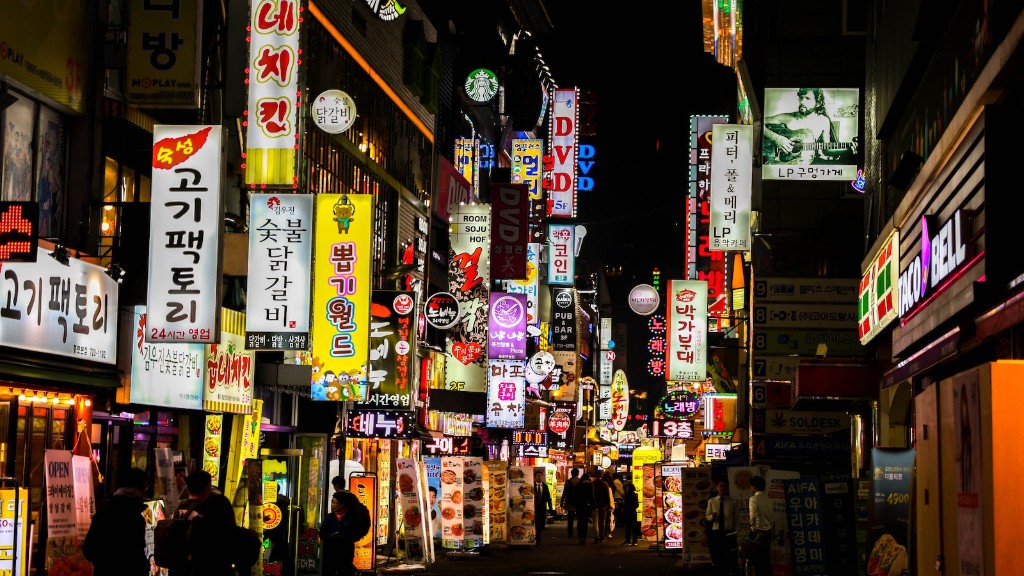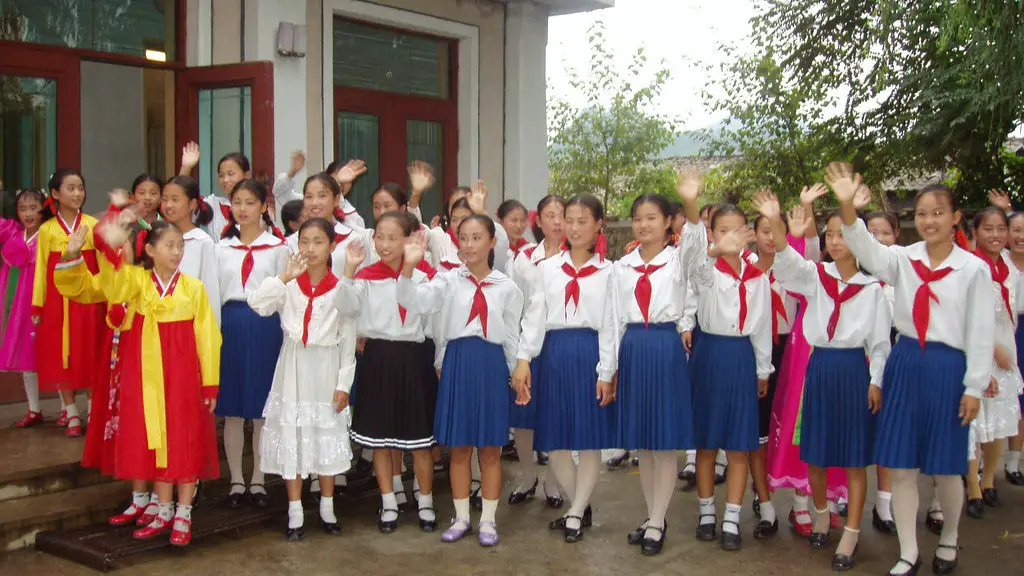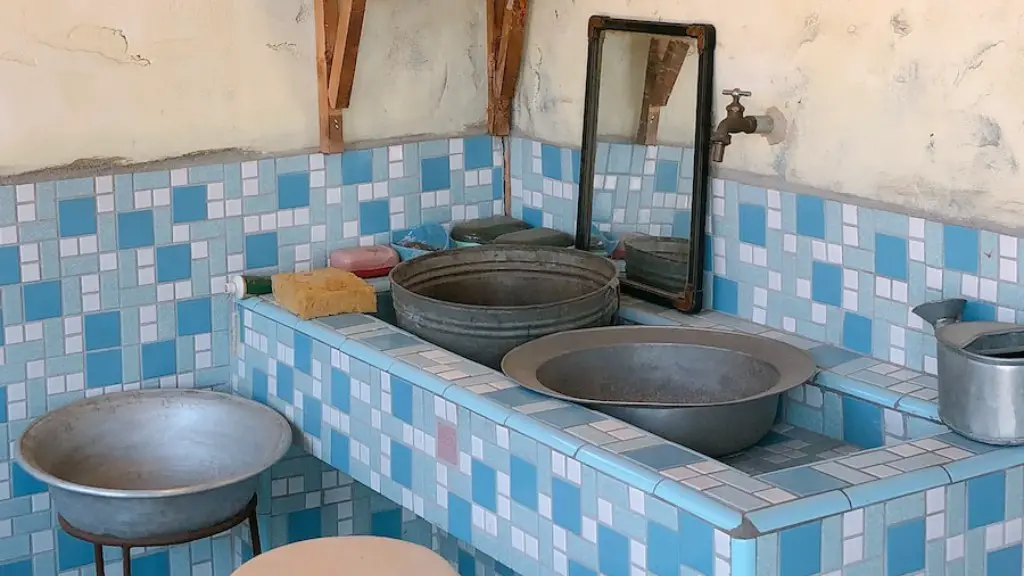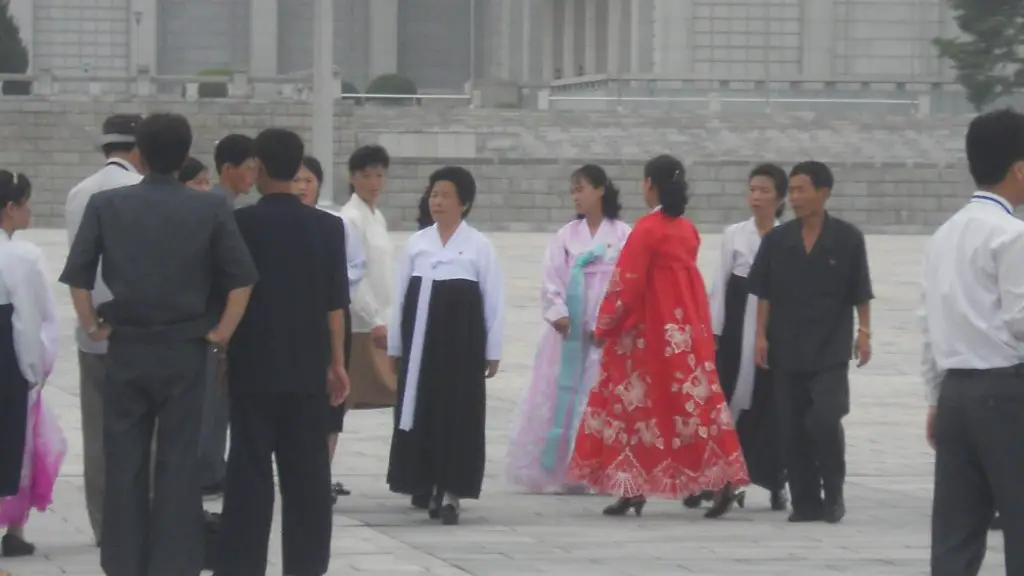Proposed Solution to North Korea
North Korea has been a geopolitical challenge for decades, both to its own citizens and to the countries around the world. The isolated nation has a nuclear program, numerous human rights abuses and a weak economy. In the past, nations like the United States, Japan, and South Korea have tried a variety of tactics, ranging from economic sanctions and military threats to diplomatic negotiations and offering humanitarian aid, but none have been successful in bringing about meaningful change. There is no easy answer for North Korea, but there are a few potential solutions that deserve consideration.
Human Rights
The most important issue facing North Korea is its dismal human rights record. The United Nations Commission of Inquiry in 2014 concluded that serious human rights violations were occurring in North Korea, including torture, summary executions, arbitrary detention and forced labor. The North Korean regime has not shown any substantial willingness to address these issues, and international pressure is needed to bring about change. Sanctions are a common tool used by the international community, but they should be used judiciously and in a way that does not endanger civilians.
The Brookings Institution recommends specifically targeted sanctions, such as financial penalties against government officials and travel bans, that are designed to put pressure on the regime but not the civilian population. Humanitarian aid is another important tool that can help alleviate human suffering without directly aiding the regime. This can include food, medical aid, and other forms of assistance.
Economics
North Korea’s economy is in dire straits, with widespread poverty and malnutrition. It is estimated that approximately 70 percent of the population lives in poverty and more than 25 percent of children suffer from chronic malnutrition. Sanctions have been put in place to try to force the government to change its policies, but they have done little to improve the lives of everyday citizens.
Experts suggest that the international community should be more open to providing economic assistance and fostering trade with North Korea. This could include offering financial aid, reducing tariffs, and easing restrictions on trade. China is North Korea’s most important economic partner, and it is likely that any meaningful economic progress will have to involve China as well. Trade between China and North Korea doubled between 2010 and 2017, and Chinese companies have made investments in a variety of industries, such as IT, tourism, and infrastructure.
Negotiations
Negotiations have been a key component of international efforts to engage North Korea, and the country has participated in a number of diplomatic talks, most notably the Six-Party Talks in 2003 and the most recent round of negotiations between the United States and North Korea from 2018 to 2019. Despite some progress, talks have repeatedly broken down over disagreements on the denuclearization of the Korean peninsula.
The Six-Party Talks were a set of negotiations between the United States, China, Russia, Japan, and North and South Korea and were aimed at finding a peaceful solution to the North Korean nuclear crisis. However, the talks ultimately broke down in 2009 after North Korea refused to move forward with denuclearization.
In 2018, the United States and North Korea re-engaged in negotiations over the denuclearization of the Korean peninsula. The negotiations were successful in reducing tensions between the two countries and led to the signing of a joint statement in 2019, although the details of the statement have yet to be fully implemented.
Inter-Korean Relations
The relationship between North and South Korea is another important factor in the North Korean situation. After decades of hostility, North and South Korea have made some progress in bridging the divide between them and have opened diplomatic channels of communication. Leaders of both countries have met several times, most notably in 2018, when North Korean leader Kim Jong Un and South Korean President Moon Jae-in met and signed an agreement that called for an end to hostile activities and the establishment of permanent peace. The agreement also called for economic and cultural cooperation and the reunification of families separated by the Korean War.
Recent initiatives between the two countries have included the opening of a joint liaison office and a range of economic and cultural initiatives. However, the two countries remain technically at war and critical issues, such as North Korea’s nuclear program and its human rights abuses, remain unresolved.
International Diplomacy
The United Nations has been heavily involved in attempts to address the North Korean crisis, and has passed several resolutions condemning the country’s nuclear program, human rights abuses, and ballistic missile tests. The United Nations Security Council has also imposed sanctions against the country in an attempt to compel North Korea to change its policies.
The United States has been a key player in negotiations with North Korea, and President Donald Trump has met with Kim Jong Un on several occasions. The goal of the Trump Administration has been to bring about the denuclearization of North Korea, although progress on this issue has stalled in recent months.
Other countries, such as China, Japan, and Russia, have also been involved in negotiations with North Korea and have tried to use economic aid, diplomatic talks, and other forms of engagement to make progress on the issues facing the country.
Finding a Solution
The situation in North Korea is complex and there is no single solution that will be enough to bring about meaningful change. The international community must take a multilateral approach if it wants to bring about lasting peace and security in the region. Humanitarian aid, economic assistance, and diplomatic talks are all important tools that must be used if meaningful progress is to be made. Ultimately, any solution should include the North Korean people in the decision-making process and should ensure that their basic human rights are protected.
United Nations Intervention
The United Nations has the potential to be a powerful force for peace in the region, but critics argue that it has failed to play a meaningful role in resolving the North Korean crisis. The United Nations Security Council has imposed sanctions, but these have proved largely ineffective, and the UN has failed to put pressure on the North Korean regime to address its human rights abuses.
Proponents of UN intervention argue that the organization can play an important role in facilitating international negotiations and fostering inter-Korean dialogue. Others argue that the UN should take a more active role in enforcing human rights standards and pressuring the North Korean government to comply with international law.
Regional Cooperation
Regional cooperation is essential for finding a lasting solution to the North Korean crisis. This could include the formation of a regional security organization that would work to resolve issues in the region, such as arms control, economic development, and human rights. The organization could also be tasked with monitoring the enforcement of international agreements and providing a forum for dialogue between North Korea and its neighbors.
North Korea’s economy is heavily reliant on its neighbors, particularly China, and this provides an opportunity for countries in the region to cooperate in improving the lives of ordinary citizens. Economic aid and trade agreements could be used to help provide essential goods and services to the North Korean people, while also creating incentives for the North Korean government to make meaningful reforms.
International Pressure
International pressure is perhaps one of the most powerful tools that the international community has at its disposal. Sanctions have been used to put pressure on the North Korean regime, but it is important that these sanctions be targeted and not endanger innocent civilians. Currently, the international community is failing to provide much-needed aid and assistance to the North Korean population, and this is likely a key factor in the North Korean government’s refusal to address the country’s human rights abuses and nuclear program.
International pressure should be focused on ensuring that the North Korean government respects the rights of its citizens and allows access to humanitarian aid, while also providing incentives for reform. The United Nations and individual countries can use diplomatic tools such as sanctions and public condemnation to make their voices heard, while also working with regional partners to provide economic aid and support.





